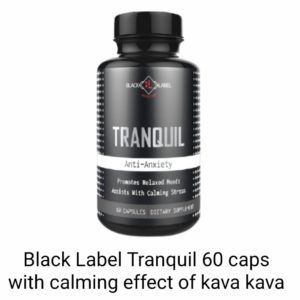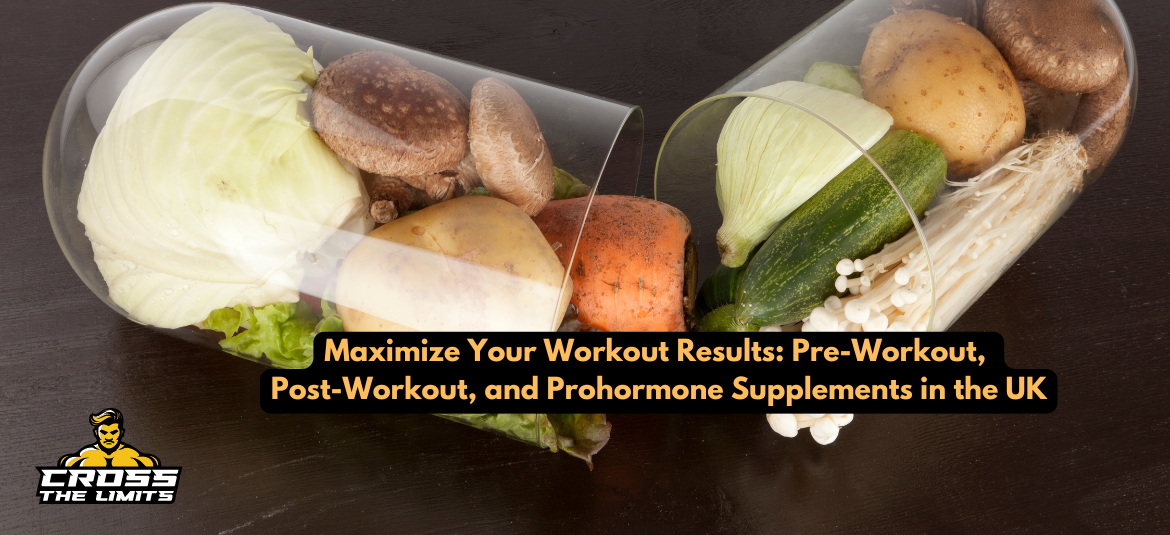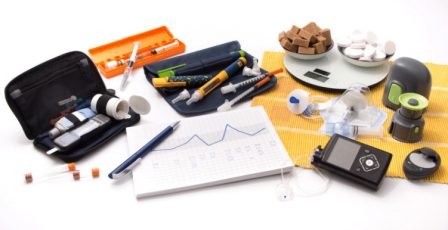
Hypoglycemia and insulin in sport, what should you know
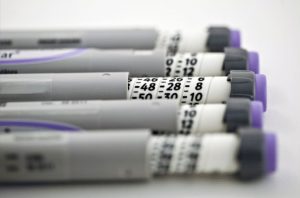 Physical exertion is a heavy load for the body, uses up glycogen reserves, contributes to a decrease in blood glucose levels. It is necessary to replenish the resulting deficiencies, the so-called carbohydrate loading. Sugar is the fastest and most easily absorbed energy source, which nourishes every cell, including muscles and the brain. Fluctuations in blood sugar levels are highly undesirable, as there are numerous unpleasant consequences associated with it. Sugar disorders also occur in very physically active people, which hurts both health and training performance. The psychophysical performance decreases, and with the wrong nutrition plan and carbohydrate distribution, the risk of hypoglycemia increases – especially during high-intensity workouts.
Physical exertion is a heavy load for the body, uses up glycogen reserves, contributes to a decrease in blood glucose levels. It is necessary to replenish the resulting deficiencies, the so-called carbohydrate loading. Sugar is the fastest and most easily absorbed energy source, which nourishes every cell, including muscles and the brain. Fluctuations in blood sugar levels are highly undesirable, as there are numerous unpleasant consequences associated with it. Sugar disorders also occur in very physically active people, which hurts both health and training performance. The psychophysical performance decreases, and with the wrong nutrition plan and carbohydrate distribution, the risk of hypoglycemia increases – especially during high-intensity workouts.
Hypoglycemia in sport – what should you know?
Hypoglycemia is characterized by a feeling of sleepiness after a meal or intensive training, especially if done on an empty stomach. If the breaks between meals are too long, you may also feel tired, irritable, sluggish. All these unpleasant symptoms are due to fluctuations in blood sugar. Hypoglycemia occurs, which is a sudden drop in blood glucose levels below the accepted norm. The brain needs glucose to function correctly. When there is low sugar, lethargy and problems with attention occur. For athletes on high-fat diets, ketosis, the body can switch to burning ketones. It’s important to remember that chronic low blood sugar can lead to permanent brain dysfunction, even brain cell death – this, of course, happens in extreme cases in people with untreated type 1 diabetes. Hypoglycemia is also a problem because of the increased production of glutamic acid in the brain, resulting in over-stimulation and a range of negative emotions, including anger. Heart muscle function deteriorates, visual disturbances, dizziness, sweating, pallor, irritability, nervousness, anxiety, headache, weakness, seizures, and hunger occur. Hypoglycemia can be caused by too high a dose of insulin, skipping a meal, too low a carbohydrate supply, intense exercise.
When caloric intake is too low about the intensity of physical activity and an inadequate amount of carbohydrates, glycogen stores are depleted, which forces the body to reach for its own energy reserves. Thus, hypoglycemia can occur during exercise. When sugar metabolism is disturbed, insulin secretions inadequate for the number of carbohydrates consumed may be observed, resulting in a rapid drop in blood glucose levels and, consequently, hypoglycemia. It is worth knowing that the concentration of insulin in the blood decreases dramatically during exercise, which is also true for healthy people. You can even increase the engagement of glucose in the bloodstream and still face this problem, which is due to the sympathetic nervous system’s stimulation. A small amount of insulin is needed to transport glucose to the muscle cells, but an excess of this hormone causes hypoglycemia.
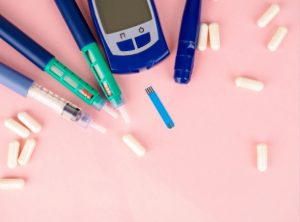 Athletes and insulin
Athletes and insulin
Insulin is a hormone that has been used for many years in bodybuilding – despite its many positive effects, you have to reckon with several unwanted side effects. In beginners, taking insulin is not recommended; you can hurt yourself, especially with a lack of knowledge and improper use. The idea to administer insulin externally stems from the fact that it has a strong anabolic, anti-catabolic and metabolic effect, lowers blood sugar levels, accelerates metabolism and absorption of amino acids. You can also talk about the faster breakdown of carbohydrates, proteins, and fats. Insulin neutralizes glucose and then converts it into muscle or fat. Insulin transports carbohydrates for energy, while proteins and fats are used for muscle growth. Too much insulin contributes to excessive fat storage, something every athlete wants to prevent. Taking insulin will not work if you have a high body fat percentage and a tendency to gain weight quickly.
It can be said that insulin increases muscle mass; it contributes to slowing down the wearing of muscle – this happens during intense exercise due to a caloric deficit. Unfortunately, insulin blocks the enzyme responsible for burning fat in the body, which promotes weight gain, overweight. It hinders the burning of fat tissue and contributes to its accumulation. If you take insulin, you have to reckon with faster absorption of fatty acids, which means that fat cells grow. Excess insulin causes hypoglycemia. There is an increased risk of developing diabetes in athletes who use too frequent doses of insulin. There is also a disruption of the pancreas, which starts producing less insulin. You must never reach for this hormone on your own; it requires consultation with a specialist, excluding any contraindications and choosing the correct dose. The body of each athlete may react differently to the administration of insulin, so the whole process must be carried out under supervision, adjusting the dosage to the person’s needs. Insulin is injected immediately after training. After a quarter of an hour, it is necessary to provide the body with sugar and eat a full meal after an hour.
